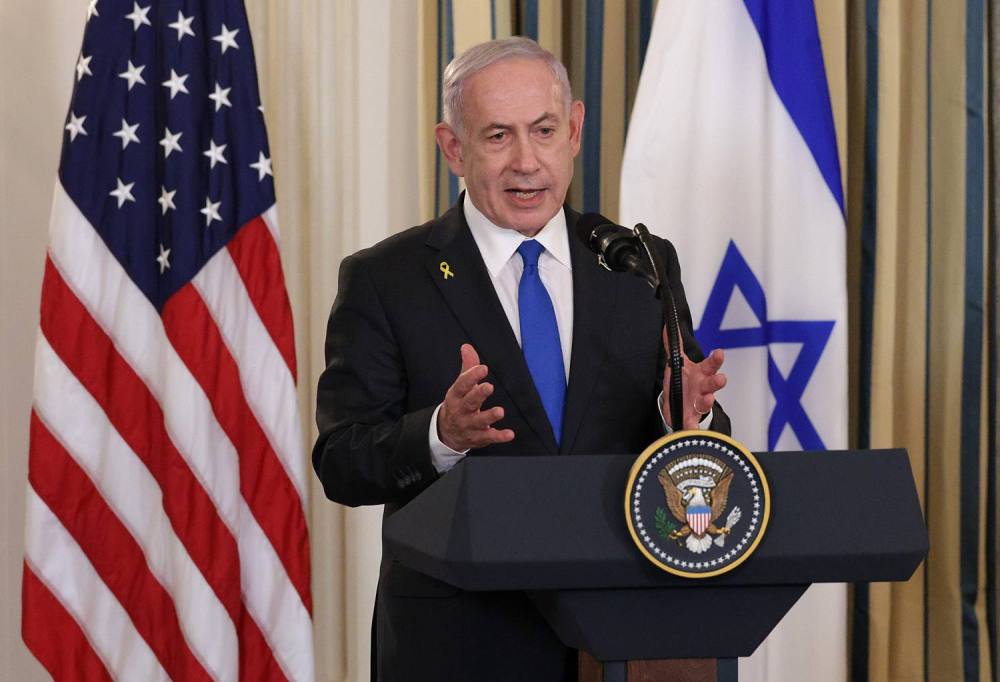On Tuesday, Israeli Prime Minister Benjamin Netanyahu ordered the country’s military to immediately carry out “forceful strikes” in Gaza over Hamas’s alleged violations of the U.S.-brokered cease-fire agreement. The move threatens to collapse the already tenuous truce.
Hamas responded by announcing that it would delay the return of hostage remains that was set to occur on Tuesday.
Netanyahu’s order for fresh strikes came after Israel accused Hamas of violating the cease-fire with an attack on Israeli forces in the southern city of Rafah. As the process of recovering deceased hostages still in Gaza continues, Israel has also accused Hamas of violating the cease-fire by returning the wrong remains on Monday.
Hamas allegedly returned the partial remains of Ofir Tzarfati—a hostage whose body was already recovered by Israel in late 2023. Israel said this was a “clear violation” of the peace deal and released video footage on Tuesday that it said showed Hamas staging the recovery of Tzarfati’s remains.
Returning all the hostages to Israel is a key stipulation of the agreement. All the living hostages have been returned, as have the bodies of 15 deceased hostages; however, the remains of 13 hostages are still in Gaza.
Hamas has called for more time to recover the bodies, pointing to difficulties presented by the devastation across Gaza after more than two years of war, but Israel has accused the group of deliberately delaying their return.
It’s unclear whether U.S. President Donald Trump, who is traveling in Asia this week, supports Netanyahu’s order for the Israeli military to conduct new strikes. The White House did not offer a comment when contacted by Foreign Policy.
Since the cease-fire began on Oct. 10, the Trump administration has spent considerable time and energy ensuring that it is upheld, including by sending top officials and troops to Israel to oversee the process. Trump and his allies have touted the agreement as a major foreign-policy achievement for the president, though many aspects of the deal remain unresolved. The cease-fire is now at risk of falling apart, which could deal a potentially fatal blow to Trump’s peace plan.
That said, this is not the first instance of violence since the truce began. Israel conducted strikes on Oct. 19 after accusing Hamas of violating the cease-fire with an attack that killed two Israeli soldiers. The cease-fire ultimately resumed, but Israel also conducted a strike against another Palestinian militant group in Gaza, Islamic Jihad, on Saturday. Israel accused the Hamas-aligned group of planning an attack on Israeli troops—an allegation that Islamic Jihad denied.
U.S. Secretary of State Marco Rubio said on Monday that the administration did not view the weekend strike as a violation of the cease-fire. But it’s not clear whether the Trump administration will perceive the strikes that Netanyahu ordered on Tuesday in the same way.
The post Netanyahu Orders Immediate Strikes on Gaza appeared first on Foreign Policy.




